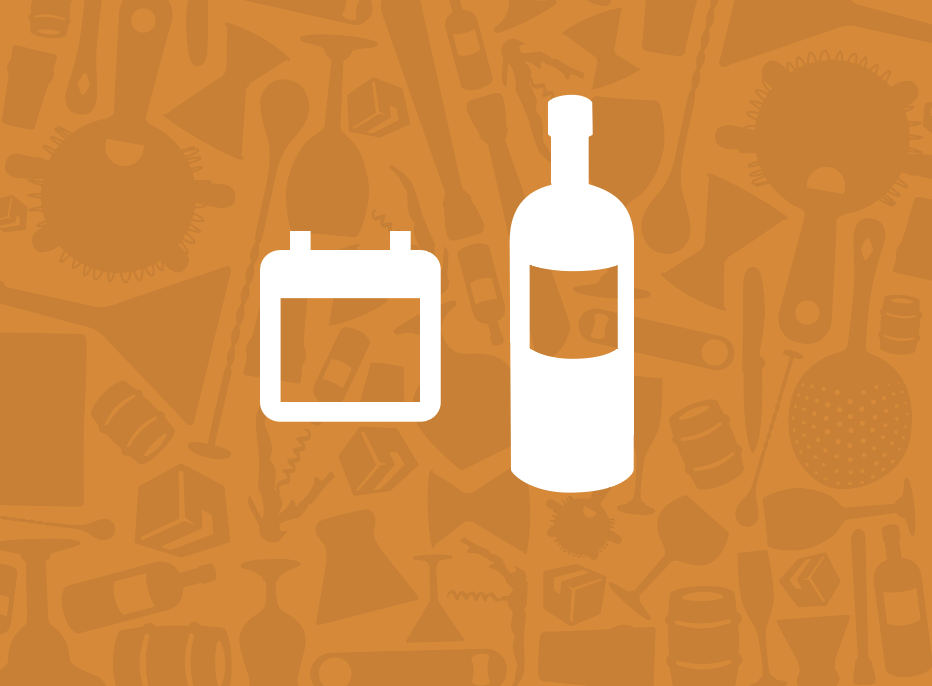

It’s a tragic reality, but in a bar, there is ample opportunity for patrons to exhibit sexually predatory behavior. Since it’s such a gray area, bar employees are often ill-prepared to identify this behavior as it happens. If bar staff don’t know how to identify this behavior early and handle offenders appropriately, the establishment risks fostering an environment where such predatory action will go unchecked, or even thrive.
This isn’t a hopeless problem. In fact, there have been recent efforts, launched by both industry insiders and outside observers alike, to make bars safer for everyone by training, educating, and even certifying staff to properly address the issue. Here are some that recently got some news:
Billy Penn published a story this week about the efforts of Leah Dirkse, a 27-year-old education specialist with Philadelphia’s rape crisis center, Women Organized Against Rape (WOAR). Having personally witnessed inappropriate harassment handled poorly by bar staff, Dirkse responded by helping to launch Safe Bars Philly, a training program meant to empower bar staff to “stand up against sexual harassment and assault.”
The two-hour training sessions cover a variety of topics, including, “sexual harassment and inappropriate behaviors, and what both of those look like,” “sexual harassment situations they may have missed,” and “experiences of sexual harassment they’ve witnessed at work.”
“Hearing specific experiences from people about particular establishments in the city,” Dirkse told Billy Penn, “we thought that Philly could really benefit from it.”
In September, Willamette Week reported on One Portland, a new social justice nonprofit launched by Steven Cook, co-owner of Church in Portland, Oregon. As part of the membership, advocacy groups “would offer their expertise to the bars by holding educational workshops on social justice. Topics would include Portland’s racial history, human trafficking, coercion and microaggressions.” To join One Portland, member bars and restaurants must make monthly donations to partnered social justice organizations.
In return, the bars a certification of sorts—One Portland stickers to adorn their windows. This shows customers that it has sought training and guidance on issues of safety and tolerance.
Kate Ross founded The Coven, which the Washington Post describes as “a safe space that has expanded to include a monthly dance party, a book club, theater trips and panel discussions over the past few years.” The Post continues: “Promoters like Ross see safe spaces as addressing the pitfalls that the nightlife world can present to marginalized groups, including discrimination by doormen and bouncers, disparaging remarks, and unwanted sexual advances.”
The Post goes on in its reporting to make reference to Safe Bar Collective, which, like the abovementioned organizations, “helps bar staff recognize subtle signs of aggression and signals that someone might feel unsafe or uncomfortable.” “When people who host events at bars are committed to creating safe spaces where people are treated with dignity and respect,” Jessica Raven, director at Safe Bar Collective, tells the Post. “That makes it less likely for harassment and violence to occur.”
The whole story, and indeed, every story linked herein, is well worth any bar owner’s time. But, we’re sure these aren’t the only noteworthy efforts being made to make bars safer places for everyone. So, what are you seeing? And perhaps more importantly, what are you doing?
